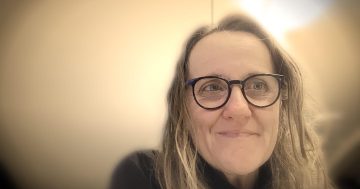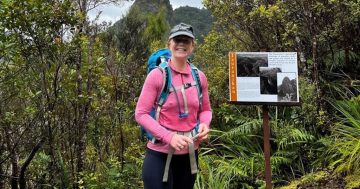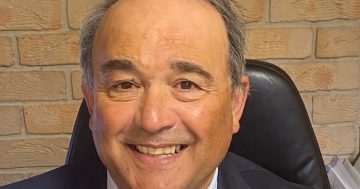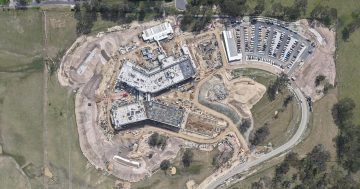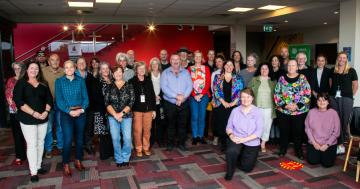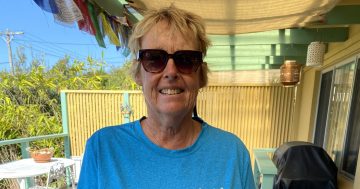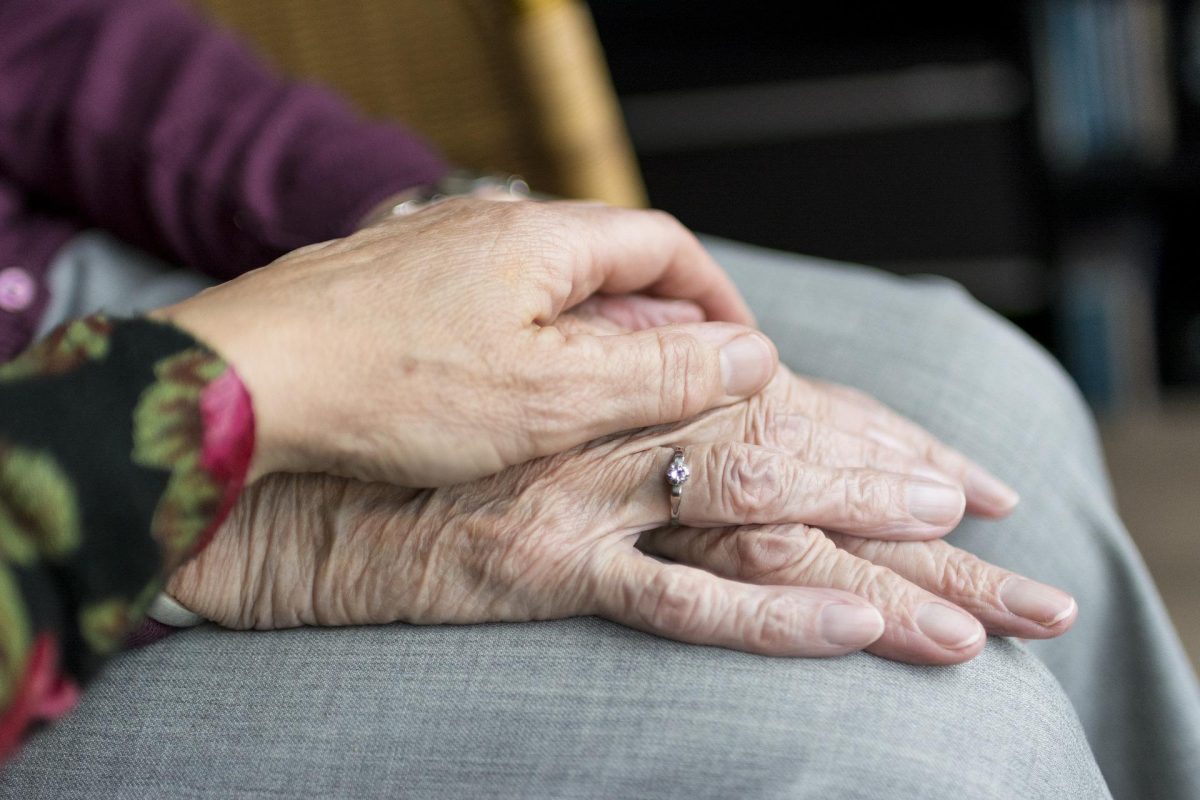
Eurobodalla Shire Council is hosting sessions during National Palliative Care Week to start the conversation about planning for a quality end of life. Photo: ESC.
There are moves to change our general view of the end of our lives from a mostly solitary event to one that involves our community and social networks.
“Many people wish to be cared for at home, surrounded by family and friends and free from pain,” La Trobe University Public Health Palliative Care Unit senior research fellow Dr Andrea Grindrod said.
“I think that people wish to remain connected to people, places and possessions that are important to them … but that isn’t often found in a hospital bed.
“We want our lives to finish the way we’ve lived. I think we can do better to meet social needs and we need to have conversations about end of life care.”
She said La Trobe’s Healthy End of Life Program (HELP) was developed in 2018 after a period of research.
Eurobodalla Shire Council is one of the first local governments to partner with HELP, which gathers evidence to inform palliative care and ultimately looks to shift community culture around death and dying.
A key finding from the research was that when people were caring for a loved one at home they were offered a lot of support, but it was rarely accepted.
Another key finding was how we often see death and dying as a medical event that needed only medical intervention. Dr Grindrod said it was important to have medical support, but we could see dying as a social event.
To build community awareness and collaboration there was a need to shift away from the perception of death as a strictly private matter.
“We tend to keep it hidden,” Dr Grindrod said.
“We’re trying to bring it out into the open.”
She said to improve end of life care, the person’s preferences had to first be taken into account because, while not everyone wanted to die in hospital, many did.
Medical experts had to be involved, she said, but while palliative care provided excellent services to people at home they were not available 24/7 and our social networks had to step in “at a time when we need them most”.
“When someone is at the end of their life, their life can become very small,” she said.
“Also, the role of the carer is increased. They have an increased workload in caring for someone at home and their social networks shrink as well.
“Sometimes we tend to think there’s not much that can be done, but this is when friends and community can do an enormous amount.”
Dr Grindrod said people often felt uncomfortable asking for help, but we needed to “ask for help when we need it and accept help when it’s offered”.
She said it could also be uncomfortable talking about death and grieving. But when talking to someone coming to the end of their life, if you went into the conversation with the best intentions, you could find that people wanted to talk about it.
“People think you don’t want to have these conversations, but if you create a safe space and are willing to sit and listen, that’s the way to have these conversations,” Dr Grindrod said.
“If we change how we think about this we can provide so much support.”
Eurobodalla Shire Council is offering three free community sessions during National Palliative Care Week to start the conversation. They will be presented by Carolyn Vaughan from La Trobe University’s School of Psychology and Public Health at Moruya’s Mechanics Institute.
The sessions suit agencies and residents who want to better understand how palliative care fits into end of life, whether they need it now or might in the future. The sessions are:
- 24 May, 10 am – 12 pm – What is Palliative Care?
- 24 May, 1 pm -3 pm – Create comfort for your loved one
- 25 May, 10 am – 12 pm – My Collaborative Care Plan
Bookings are essential; click here to book. An online survey is available for those unable to attend the workshops but who wish to have input into the broader project.







